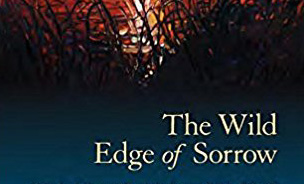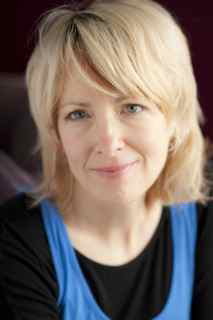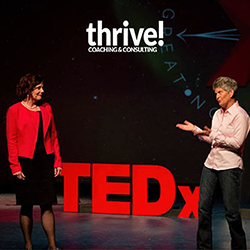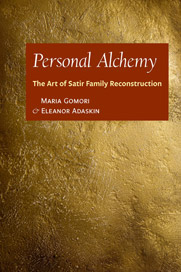Book Review: The Wild Edge of Sorrow
The Wild Edge of Sorrow: Rituals of Renewal and the Sacred Work of Grief.
By Francis Weller, North Atlantic Books, 2015
Review by Wayne Dodge
Although short on actual description of rituals, this is an in-depth discussion of the place of grief in human life – with a particular bent towards Jungian and eco-psychology.
Michael Lerner in his preface to the book describes that Weller re-visions grief, not as an event in our lives – a period of mourning – but as an ongoing conversation that accompanies us throughout life. In essence, we are asked in life to take up an apprenticeship with sorrow.
Weller describes what he calls the Five Gates of Grief – arenas of life that invite us into a grieving process.
The first gate of grief is the one most recognized – ‘Everything we love, we will lose.’ Which includes not only the experiencing of the loss that is inevitable in life, including the death of others, but also our own inevitable death.
The second gate of grief is ‘The places that have not known love.’ This includes the areas of our life that we have denied, dismissed, or not embraced. ‘These are the places within us that have been wrapped in shame and banished to the furthest shores of our lives.’
The third gate is ‘The sorrows of the world’. Weller makes the point that – as Jung states it – ‘We live in psyche; psyche does not live in us.’ Being response creatures, we resonate with the sorrows around us – including the sorrow invoked by human activities – both ‘political’ but also as fundamental as climate change.
The fourth gate is ‘What we expected and did not receive.’ As embodied humans, we are born into a system that is primed for a particular response to our presence. This includes a type of nurturing that occurs in community – and in a community that has its own language of meaning that is embodied in ritual. In this world of nuclear families (getting smaller all the time), lack of ritual, and fluid beliefs – there is often an unexpressed grief for what has been lost with our ‘progress’.
The fifth is ‘Ancestral Grief.’ This is the grief that we carry in our bodies from sorrows experienced by our ancestors – the lineage of grief from those who have experienced displacement, or the Residential Schools, or slavery – and the list goes on.
Weller then discusses the importance of ritual in the expression of grief – pointing out that ritual provides both containment and release in grief work. The structured permission of a ritual becomes the boundaries in which grief itself can be fully expressed.
But ritual is not just a catharsis container for Weller. He also stresses that ritual provides deeper functions. This includes not only the reparative function of expressing the grief, but a human process that allows us to become transparent to the transcendent – the opening to what is greater than just the ‘small s self’. This includes an invitation to the denied and forgotten aspects of psyche to show up. Deep grief work is a profound exploration of the Self.
I found this book thought provoking – and providing additional language to what I have experienced in work at The Haven. I do not usually warm to eco-psychologists – often inferring a regressive Romanticism about the past – the same past described by Hobbes as ‘solitary, poor, nasty, brutish and short.’ And being more a Freudian than a Jungian, there were points in the book that I was ready to accuse Weller of some flight into pre/trans fallacy – yet he always returned with some example from his life – or from his clients – that grounded his discussion.
To the point that I was sorry that this was not a Handbook of Practice for the type of work that he does. I would have liked more detail on how he sets up the various rituals that he describes. And regardless, this was a book well worth reading.
Purchase The Wild Edge of Sorrow from Amazon.ca.






